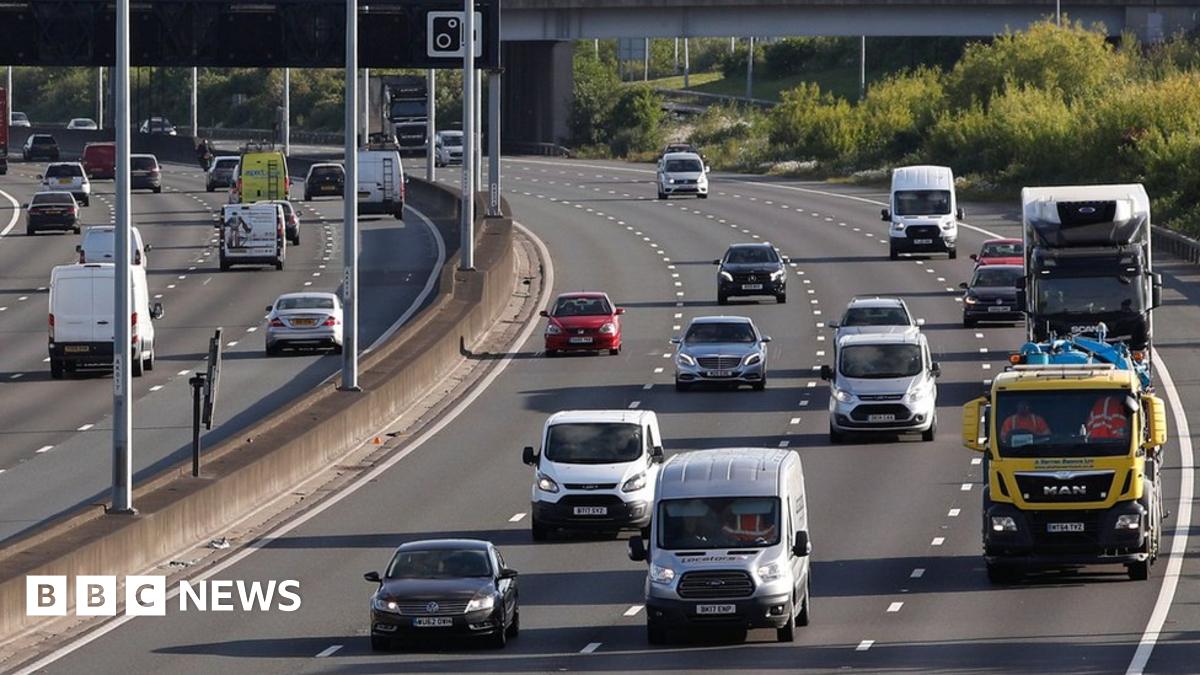Channel Hopper
Members

Motorways to trial 60mph limits to cut pollution
The speed limit will be reduced in Witton, Rotherham, Eccles and Oldbury.
Obviously there are currently few resources to check on individual vehicles, their drivers (nor the driving techniques), but even so......
Just like the MOT emissions being based on the manufacturers specifications, regardless of the age/condition of the components, the quality of fuel at the stations, or the average mileage per journey to resolve 'at the tailpipe' issues, this is just blanket nonsense.
